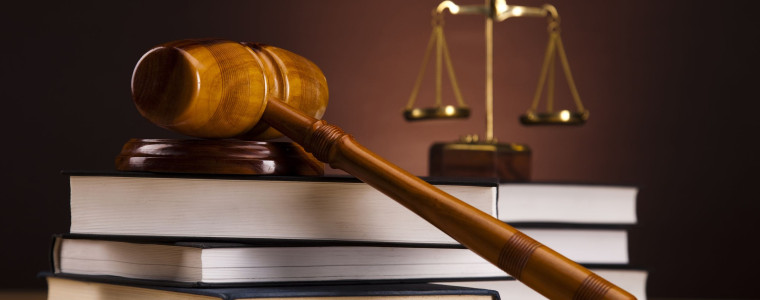Written by Justine Taylor, Senior Associate
Do I have to answer police questions?
This is a concern that many clients have and often this decision is made without having access to legal advice. The general position is that you do not have to answer police questions and in most cases, we would advise against answering police questions without first consulting a lawyer (subject to the offence and some important exceptions).
Having said that, common sense should prevail and in some circumstances where you have been a witness and where you are not under suspicion, it may be common sense to cooperate with police.
Some exceptions to not answering police questions include your obligation to provide police with a name and address. Failure to provide those details may be an offence under the Law Enforcement (Powers and Responsibilities) Act 2002, also known as LEPRA.
We would ordinarily advise against providing police with a recorded interview or a taped video before contacting your solicitor. In some cases you may also want your solicitor to be present with you during the interview.
Can police search my car or my person without a warrant?
Police may generally, without a warrant, stop, search and detain you, and anything in your possession, if they suspect “on reasonable grounds” that you may:
- Have in your possession something that has been stolen or unlawfully obtained;
- Possess anything that is intended to be used in connection with an offence;
- Have a dangerous article in connection with an offence;
- Have in your possession anything in contravention of the Drug Misuse and Trafficking Act 1985.
The police discretion of “suspicion” on “reasonable grounds” is generally broad under Section 21 of the LEPRA. The reasonable suspicion will ordinarily involve less than a belief, but more than a mere possibility. That means there must be some factual basis for the suspicion. For instance, police may assert that the nervous manner of a driver in combination with being located in an area which is a known area for drugs, justifies a “reasonable suspicion”.
What is an arrest?
You have been arrested if you have been advised as to the purpose of an arrest and informed that you have been charged with an offence which will be brought before a Magistrate of the Local Court. An arrest for the purpose of investigating whether or not you have committed and offence or obtaining more evidence, is not legal and police must have reasonable grounds to believe that an offence has or is about to be committed.
When the police decide to arrest you they must inform you of the basis of the arrest and provide certain cautions to you, in particular that you do not have to answer any questions. The reason for the arrest must be made clear unless it is obvious or there is another reason in which the relaying of information has been made impossible.
Once you have been arrested, you may be searched.
Do I have to give police fingerprints, DNA and photographs?
A police officer can take fingerprints and photographs for the purposes of identification of persons over the age of 14. It is common practice on arrest to be fingerprinted, particularly for more serious offences.
Orders for the destruction of fingerprints can be made if you are found not guilty. If you have been found not guilty or your charges dismissed and you are not sure whether your fingerprints, DNA and photographs have been destroyed, we suggest you obtain legal advice.
Any forensic procedure can be carried out with the informed consent of the suspect. Children or mental incapable persons cannot provide consent. The giving of this information to a suspect and the response must, if practicable, be recorded electronically.
If you are an Aboriginal or Torres Strait Islander, the police must notify the Aboriginal Legal Service.
How long can I be detained for?
You can be detained by police for the “investigation period” but this must be a reasonable time, which is usually no more than 4 hours.
Can police use listening device material without a warrant?
Generally, any recording of private conversation without consent is unlawful unless police have a warrant. Usually you will not know if police have a warrant which must contain certain particulars including the prescribed offence for which the warrant is granted, the name of the person who is intended to be recorded, the period (not exceeding 21 days) during which the warrant is enforced, the location of where the device has been installed and any conditions on the warrant.
We recommend contacting a solicitor if you have concerns in relation to a recorded conversation.



